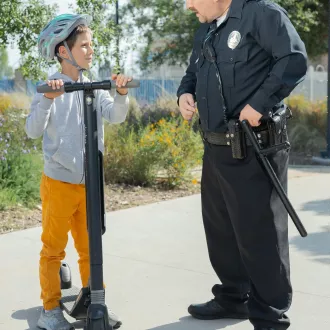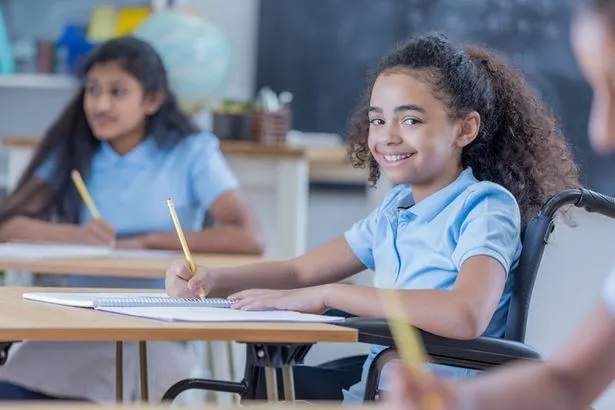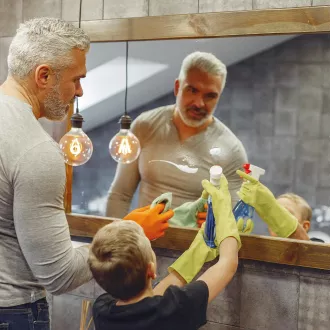Transcription How can reflection and analysis be encouraged before seeking solutions?
Child autonomy involves not only the independent performance of daily tasks, but also the development of skills that enable children to solve problems. To this end, it is essential that they are taught to reflect and analyze before seeking solutions to any problem or situation. Reflection and analysis are essential skills that children need to develop to cope with most aspects of daily life.
However, these are not innate skills, but must be taught and encouraged from an early age. In this sense, it is important that parents and caregivers guide children in their decision-making process, helping them to analyze the available options and reflect on the possible consequences of each one.
Below are some strategies that may be useful in encouraging reflection and analysis in children:
- Teach children to ask themselves questions: Reflection and analysis begin with the ability to ask questions. Parents and caregivers can help children ask themselves critical questions, such as: What is the problem I am trying to solve? What are my options? What are the consequences of each option? What is the best option for me?
- Encourage informed decision making: It is important that children learn to make informed, evidence-based decisions. Parents and caregivers can help children research and gather information about available options before making a decision. It is very important to make them understand the relevance of relying on information in making some decisions that may change or affect others or themselves. Information is a great weapon, which can lead to success or failure.
- Teach children to analyze and evaluate information: Once children have information about available options, it is important that they learn to analyze and evaluate that information. Parents and caregivers can help children ask critical questions about information, such as: Where does this information come from? Is it reliable? What evidence is behind this information?
- Encourage reflection on past experiences: Children can learn a lot from their past experiences. We can encourage reflection on these experiences by asking questions such as: What did you learn from this experience? What could you have done differently? How can you apply what you learned in the future?
- Encourage creativity and critical thinking: Creativity and critical thinking are essential skills for reflection and
reflection analysis




